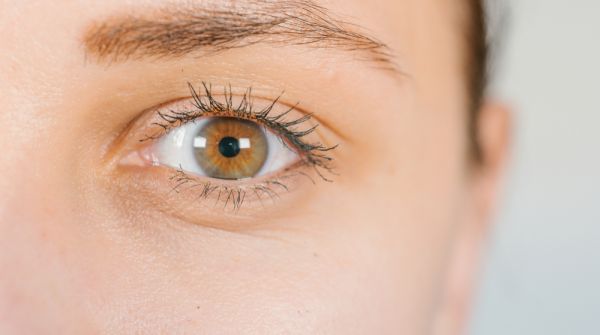
People cry for a variety of reasons. There are times when one becomes so overwhelmed by the stresses they face that the tears start flowing. Other times, they may be so moved by a loving gesture that they can’t control their tears. Grief, happiness, sadness, anger– all emotions that can move us to cry. But what causes us to cry and where do our tears come from?
What Causes Tears?
You may be shocked to learn that there are actually three different types of tears and each one serves a different purpose.
- Basal Tears – Basal tears are the tears that are already present in our eyes. They work to keep our eyes moistened. On average, the human body produces between five to 10 ounces of basal tears each day. They are also the cause of our runny noses after we’ve been crying for a while because they drain through the nasal cavity.
- Reflex Tears – There are sensory nerves in your cornea. When our eyes experience any harsh irritants such as smoke, dust in the wind, or onions, these nerves will communicate with our brain stem, which sends hormones to the glands in our eyelids. The hormones help the eyes to produce reflect tears to help protect our eyes from irritants.
- Emotional Tears – When the cerebrum registers a feeling of sadness it triggers our endocrine system to release hormones in the ocular area causing tears to form. While emotional tears are most often associated with sadness, they also occur when we experience an intense positive or negative emotion. Research performed by the Association of Psychological Science in 2015 found that when we become overwhelmed with emotions our body reacts by causing us to cry so that we can release these pent-up emotions.
Tears are created in the lacrimal glands under the skin of our upper eyelids and are released through tiny openings inside of our upper eyelids. Tears themselves are a salty fluid that is made of water, salt, 1500 proteins, and oil. The meibomian glands on the edges of our eyelids create oils that float on top of the basal tears. This oil works to stop the tears from evaporating too quickly protecting our eyes. Problems in the meibomian glands can also lead to dry eye syndrome or overflowing tears.
The Importance of Crying
Crying is incredibly important, according to science. Many researchers believe that one of the ways our body works to rid itself of toxins and waste products is through emotional crying. There is a theory that chemicals build up in our bodies when we experience levels of elevated stress and being able to cry helps us to get rid of those chemicals.
One study was performed that compared the makeup of emotional and reflex tears. Participants’ tears were studied after peeling an onion and again after watching a sad movie. When the tears were analyzed researchers found that the contents of the tears were vastly different. The reflex tears were found to be made of 98 percent water, while the emotional tears featured unique proteins and chemicals, including an endorphin that helps to reduce pain and improve our mood.
Treatment Options for Dry Eye Syndrome
Dry eye syndrome is a common condition for people over the age of 50 but can affect anyone at any age. It’s estimated that over 5 million Americans over 50 have the condition. It’s caused when the eyes are unable to produce enough tears or if the eyes are unable to maintain a normal layer of tears to coat our eyes and protect them. Dry eye syndrome can make a person more vulnerable to bacterial infections. Symptoms include:
- Pain
- Burning
- Redness
- Eyes Getting Tired Quickly
- Blurry Vision
- Difficulty Reading for Long Periods of Time
There are a variety of treatment methods available to those struggling with dry eye syndrome such as artificial tears, medications, and eye drops. For more severe cases, a doctor may suggest surgery as a treatment option to take care of any blockages in your tear ducts.
For the past 25 years, Dr. Myron Tanenbaum has performed a variety of services to his patients including cosmetic surgery, facial reconstruction, and eye surgery at his Miami-based practice. He is a top-rated ophthalmologist who is committed to providing patients with the best care. If you are suffering from severe dry eye syndrome, contact Dr. Tanenbaum’s practice at (305) 273-5353 to schedule your consultation.
